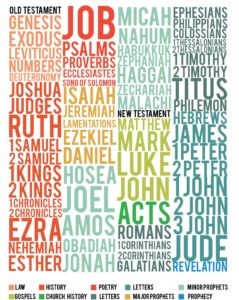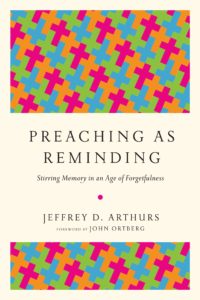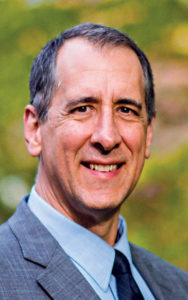
This was supposed to be another, What I’m learning from reading Jonathan Edwards’s early sermons post. It still is in a way.
Kimnach’s general introduction to volume 10 (The Works of Jonathan Edwards) includes a section called, The Making of Sermons. It’s a gold mine for anyone interested in Edwards’s homiletical method. For instance, Edwards changed the way he took notes as he gained preaching experience.
In the early years Edwards’s sermon notebook contained Scripture that might be preach-able. Later “the notebook becomes a workbook, perhaps indicating an increasing devotion to the art of making sermons, but more likely indicating an effort to eliminate the need for a full first draft, separate from the pulpit draft of the sermon” (p. 67).
That means Edwards began writing out his sermons much earlier.
I can’t remember when I started the practice of writing the sermon from the moment I begin my studying on Monday mornings. But it’s one of the best practices I’ve learned over the years.
It means not separating studying for a sermon from the actual writing of the sermon. Sermon studying = sermon scripting.
Try this: copy and paste your preaching portion for Sunday onto a Pages or Word document (for me it’s Psalm 3 in the morning and Psalm 4 in the evening), begin at verse 1 (or whatever your first verse is; of course you’ve confessed your sin if you have wormed your way into the middle of a pericope!), and begin preaching to your congregants.
You don’t need to select one or two; preach to them all just like you’ll be doing on Sunday, Lord willing. You’ll find that you’ll preach some, study some, then preach some more, then study some more, etc. That is, you’ll write down what you’ll say to your folks, visit your favorite helps in Logos or commentary, and write out what you found and want to convey. That rhythm occurs repeatedly for the duration of your sermon preparation.
If you combine this practice of writing your sermon while you study with my ABIT approach to your first hour or two of study, you’ll find your sermon comes together quite nicely.
May our Lord be glorified in the church and in Christ Jesus as you work hard for Him and your flock this week (Ephesians 3:21).
Randal










